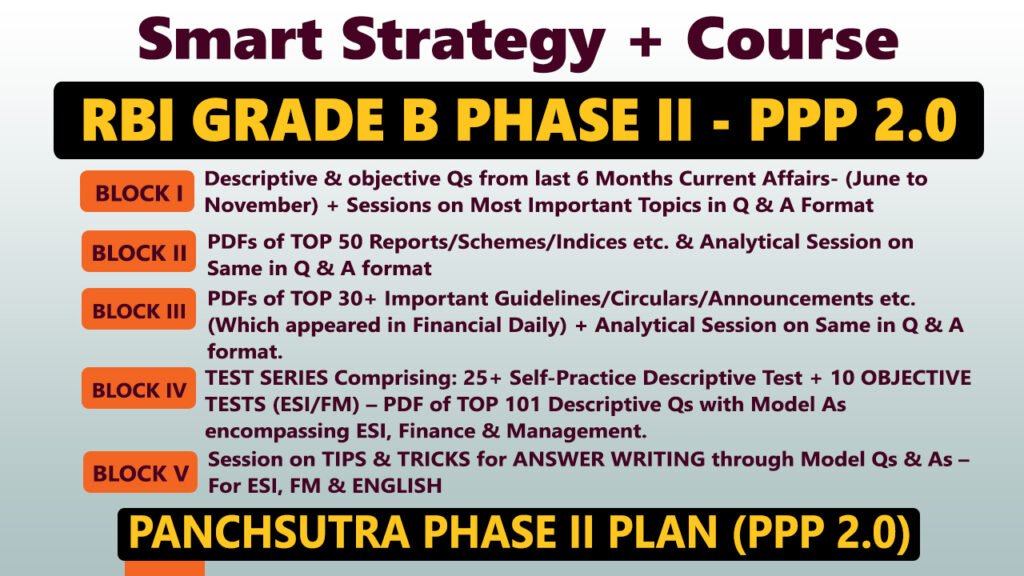Context:
The Reserve Bank of India (RBI) has issued a draft direction on the export and import of goods and services and the Foreign Exchange Management (Export and Import of Goods and Services) Regulations, 2025. Stakeholders have been invited to submit their feedback by the end of this month.
Key Provisions of the Draft Direction
- Regulatory Framework:
- The draft direction consolidates existing RBI regulations that authorised dealers (ADs) must adhere to, and specifies compliance with the Foreign Trade Policy and government guidelines related to export and import transactions.
- ADs are required to send references to RBI through the PRAVAAH platform, which facilitates online applications for regulatory authorisations, licenses, and approvals.
- Internal Policy for ADs:
- ADs must create an internal policy document for handling and reporting export and import transactions and addressing grievances within six months.
- Compliance with the Export Data Processing and Monitoring System (EDPMS) and the Import Data Processing and Monitoring System (IDPMS) will continue.
- Transaction Guidelines:
- The time limits for realisation of export proceeds, submission of documents to ADs after exports, and remittance for imports largely remain unchanged, with ADs empowered to grant extensions.
- In the case of Merchanting Trade Transactions (MTT), the period between outward and inward remittance is raised to six months.
- Regulations for Exporters and Importers:
- Exporters who fail to realise export proceeds within 24 months and have outstanding export amounts exceeding ₹25 crore will be allowed to export only against full advance or an irrevocable letter of credit.
- Importers with unmaterialised advance payments exceeding ₹25 crore will not be allowed to remit further import advances unless it is against an irrevocable standby letter of credit or a bank guarantee.
- AD Discretion:
- The RBI aims to provide flexibility to ADs, allowing them to exercise discretion in handling certain issues, such as extensions for realisation of export proceeds or import payments. However, this could result in inconsistent treatment of similar transactions across different ADs.
- Charges and Penalties:
- The draft stipulates that ADs must levy reasonable charges for handling transactions but should not impose penalties for regulatory delays or violations.
Potential Concerns
- Enforcement of Regulations:
- Some stakeholders may question whether leaving enforcement to the discretion of ADs is the most effective approach, as it could lead to inconsistent treatment of transactions.
- Export Incentives:
- Exporters may welcome the fact that the draft regulations do not require the surrender of proportionate export incentives in the event of a shortfall in the realisation of export proceeds.
- Additional Requirements for SEZ Units and Service Providers:
- Special Economic Zone (SEZ) units will be required to submit export declaration forms to the development commissioners, which may come as a surprise to many.
- Service providers will need to submit a copy of every invoice to specified authorities, which may be seen as an additional compliance burden.
The RBI’s draft direction introduces a significant shift in the handling of export and import transactions by authorised dealers. While the increased flexibility could encourage businesses, there may be concerns over the potential inconsistency in enforcement and the administrative burden on SEZ units and service providers.



















